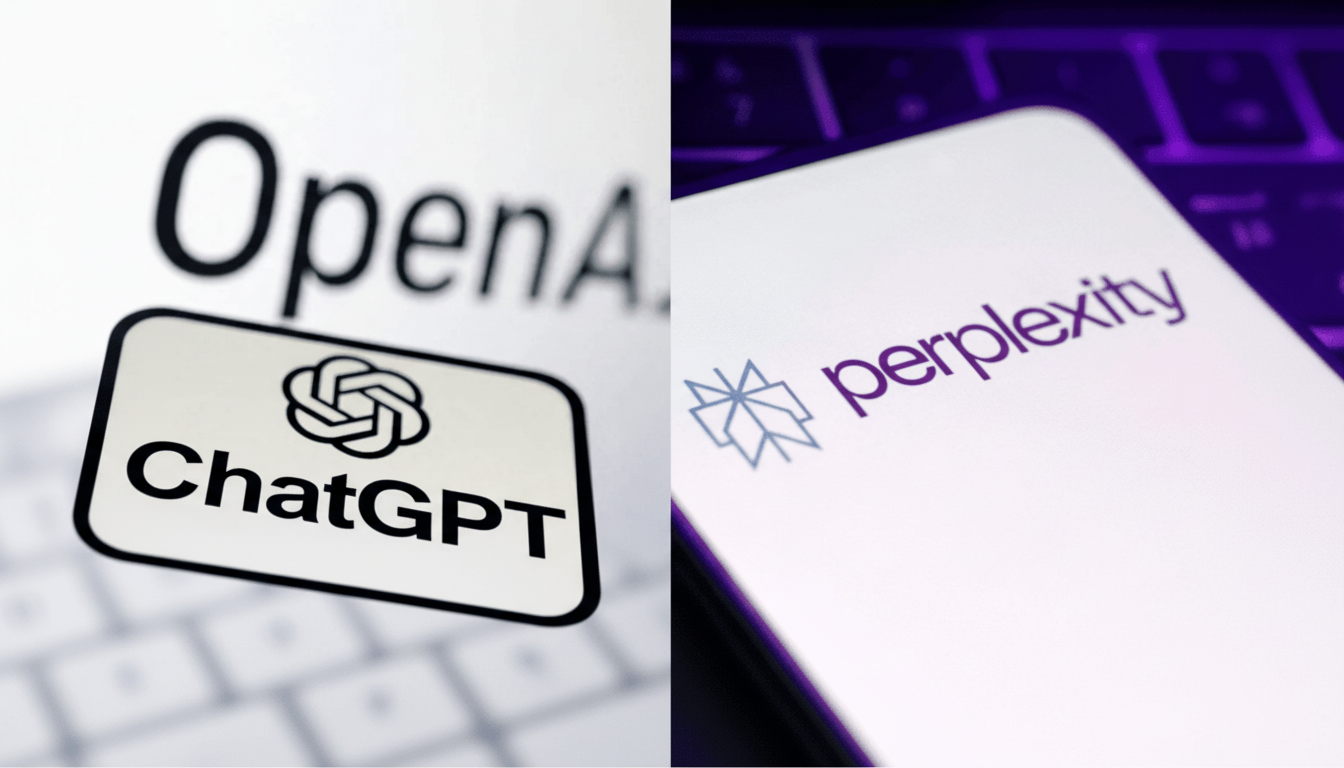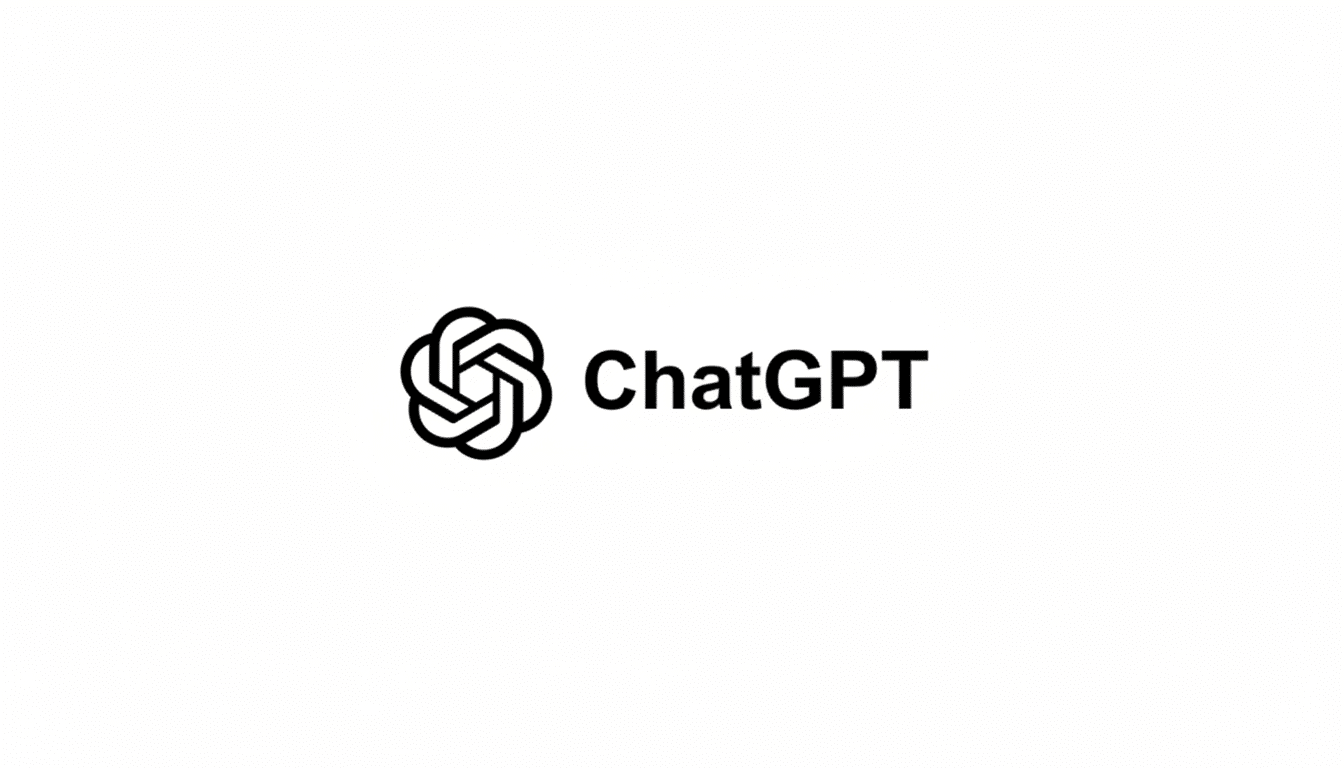Two of the most popular AI chatbots are coming to the checkout line. OpenAI and Perplexity released shopping-oriented AI features that promise to make it easier to discover a product, compare prices, and buy in chat — all as demand for gifts (and impulse purchases) ramps up ahead of the holidays. Early-stage competitors are undaunted, saying vertical depth and proprietary data will keep them competitive as the giants expand their horizons.
What the New Assistants Really Do for Shoppers
OpenAI’s successor to ChatGPT centers on guided product research. Users can describe constraints — a gaming laptop for under $1,000 with a 15-inch-plus screen, say — or upload an image of an outfit and ask for a similar look at a lower price. The aim is to combine browsing and shortlisting into one conversational flow.

Perplexity is drafting persistent memory to fine-tune recommendations. Its assistant can remember past preferences and context, like climate or commute habits or job needs, to whittle the options without asking again. Both companies are also combining discovery with transactions: OpenAI is integrating commerce partners including Shopify for native checkout, while Perplexity is plugging into payment rails like PayPal to close purchases inside the chat.
The timing is deliberate. According to Adobe’s holiday forecast, AI-fueled shopping chats will grow by 520% — a sign that shoppers are becoming more comfortable asking bots what to buy. With distribution and brand familiarity at scale, OpenAI and Perplexity can make good on that intent to be of immediate use.
Why Startups Aren’t Panicking About AI Rivals
Experts say general-purpose chatbots still lack the essential nuance in merchandising. “With a base model that works on the same level, performance has less to do with models and more to do with domain data, which is yet another norm,” said vertical players like Phia, Cherry, Onton (whose tech powers many Chinese online decorating services), and Deft — clean catalogs, normalized attributes, and up-to-the-minute signals on pricing, stock status, and variants.
Onton’s team, for instance, developed a pipeline to categorize hundreds of thousands of furniture and decor SKUs with unified taxonomy, imagery quality checks, and style metadata. Such curation allows for filters precise enough to render them effectively useful — “Get an arm style, size a seat depth” — in ways that generic assistants tend to flatten into vagaries. As Onton CEO Zach Hudson hints, the startups with nothing beyond off-the-shelf LLMs and a chat UI will have a rough time; those who own differentiated data and workflows will thrive.
The strategic bet: Vertical assistants can convert more, and have to deal with shorter return windows, by learning the trade-offs people really make when they shop for things like fashion, travel, or home goods. That makes space for healthier unit economics, even without the outsized traffic of a household-name chatbot.
Data and Checkout Deals Are the True Moat
Scale still matters. OpenAI and Perplexity can do a deal with merchants that connects, in one go, discovery and payment. Native checkout reduces drop-off as opposed to affiliate redirects, in which users are sent elsewhere to a retailer’s site. For newer start-ups, it can take months to form partnerships with platforms like Shopify or payment providers, and often they have to make volume commitments.

But verticals have their own moats: first-party fit data, return feedback loops, and the consistent product attributes behind better size guidance, compatibility checks, and bundle recommendations. In complex-category criteria sets — however much your bag weighs, GPU at any level of dollars and cents, sofa clearance to fabric durability — these edges can add up to little improvements in conversion and lower post-purchase buyer’s remorse.
The Monetization Playbook Is All Too Familiar
Neither OpenAI nor Perplexity has a fully baked profit model and compute doesn’t come cheap. Look for an e-commerce revenue mix that mirrors search: affiliate fees, merchant integrations, and sponsored placements within results. Retail media is already one of the fastest-growing ad channels, and analysts at firms like Insider Intelligence and Forrester see it growing even more as retailers make money off high-intent queries.
The risk is also familiar. If paid placements are not made as clear to consumers or dominate, outranking organic results, users will feel fed up just as they’ve long been with web search. Clear, ethical labeling, protection from the irrelevant, and a return policy for errant purchases will be key to deciding whether conversational shopping fosters trust — or simply makes the same mistakes in a new interface.
Proof Points and Pitfalls for AI Shopping Assistants
Klarna’s introduction of an AI assistant for customer service and shopping questions had a measurable impact, the company said, with large volumes now fielded by the bot and quicker resolution times. That’s the kind of precedent that suggests shoppers will embrace AI help if it is accurate, timely, and accountable when things go wrong.
Accuracy remains the tension. Hallucinated specs, obsolete prices, or absent sizes equal phone calls, returns, and chargebacks. Leaders are putting in place product knowledge graphs, verified retailer feeds, and real-time price checks to anchor responses. Privacy controls are important, too: Assistants that remember taste and size should provide clear options for consent, deletion, and setting boundaries based on advice from regulators and consumer protection agencies.
What to Watch Next as AI Shopping Hits the Holidays
Three metrics will determine who comes out on top: the percentage of sessions ultimately resulting in a purchase without leaving the chat, continued lifts in conversion and average order value compared with category baselines, and an overall drop in returns linked to recommendation errors. McKinsey projects that generative AI could unlock $400B–$660B in annual value throughout retail and consumer goods; the companies that transform chat into reliable, margin-positive orders will own the significant slice.
For the moment, OpenAI and Perplexity offer distribution and payments; startups counter with depth, cleaner data, and category expertise. The programming isn’t zero-sum — expect partnerships, data-sharing deals, and white-labeled assistants. The holiday bump will give us our first read of whether generalist chatbots can really shop — or if, in the end, the specialists have the edge where it counts: at checkout and after.

